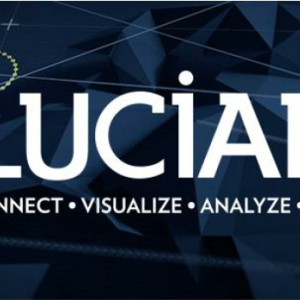 \
&
Contact us
\
&
Contact us
 \
&
Contact us
\
&
Contact us
Partnership website: https://www.climate-kic.org/
The Climate-KIC community currently involves 400+ organizations from diverse sectors including businesses, universities, cities, public agencies, and NGOs. With a focus on climate action, the Climate-KIC community aims to drive breakthrough innovation and help Europe achieve its goal of a zero-carbon economy by 2050. All partners are invited to participate in four key areas:
To effectively address the challenges in these areas, our community is structured around four integrated programs:
To explore opportunities and stay updated on the latest news, visit the Climate-KIC webpage and check their open calls for proposals. EIT Climate-KIC have their office in Brussels. You can reach out through ckbrussels@climate-kic.org.
Belgian organisations and companies can also contact the Benelux hub of this Innovation Community. Details can be found on their website.
You can also attend or watch InnovEIT, the annual conference of the EIT where you can meet other members of the communities and EIT experts.
Lastly, for Climate-KIC related inquiries, you can contact the National Contact Point (NCP) for Flanders, Ria.debreucker@vlaio.be.
Partnerships group the EC and private and/or public partners, to coordinate and streamline the research & innovation initiatives and funding in some selected key domains.

Founded in 1999, Luciad serves clients in Europe, Asia and the Americas. Though it recently was acquired by Hexagon Geospatial, they kept an agile SME mindset. Thousands of end users work directly with Luciad’s geospatial applications, and major systems integrators (think Airbus Defense and Space, Lufthansa Systems, NATO, Thales…) incorporate its software in their own products.
NCP Flanders went to Leuven to interview Frederic Houbie, the Research Projects Manager at Luciad, about how he sees Horizon 2020. Luciad is a partner in the MARISA project, which is a collaborative RIA project submitted to an ICT call topic.